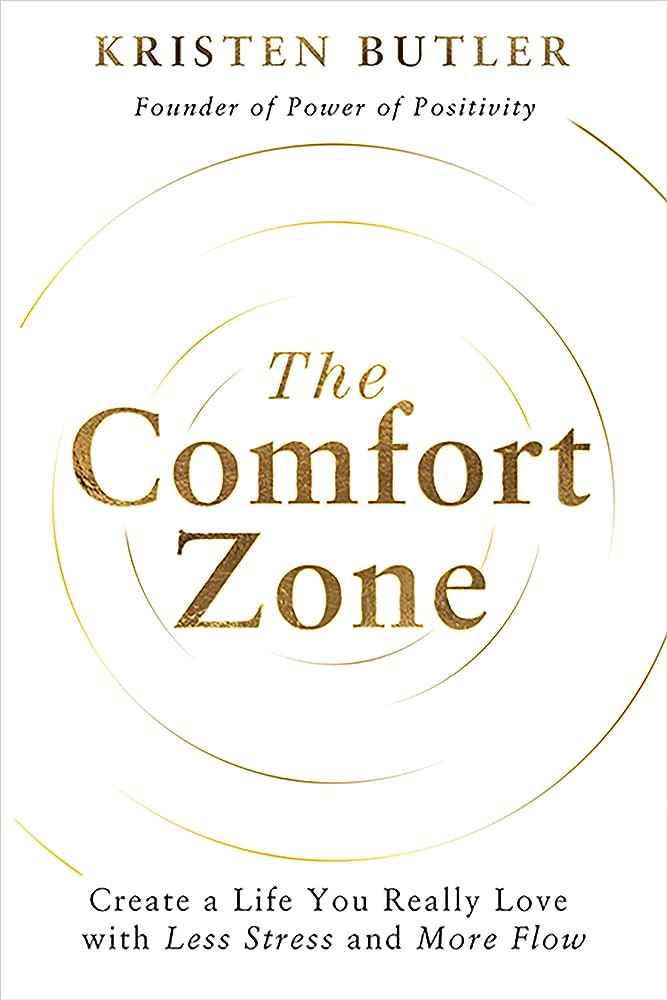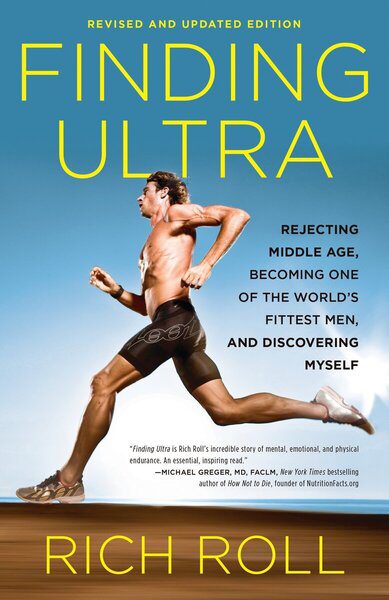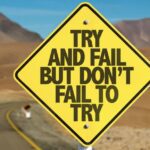Meditation is the journey from movement to stillness, from sound to silence. The need to meditate is present in every human being because it is a natural tendency of human life to look for a joy that doesn’t diminish, a love that doesn’t distort or turn into negative emotions. – Gurudev Sri Sri Ravi Shankar
Meditation is a practice in which an individual uses a technique – such as mindfulness or focusing the mind on a particular object, thought, or activity – to train attention and awareness and achieve a mentally clear, emotionally calm, and stable state. 1 American Tibetan-Buddhist Pema Chodron observed, “Meditation is an invitation to notice when we reach our limit and to not get carried away by hope and fear. Through meditation, we’re able to see clearly what’s going on with our thoughts and emotions, and we can also let them go.” Meditation is one of the most consistent habits from reading about the highly successful people in the world.
The goal of mediation is not to get rid of thoughts or emotions. The goal is to become more aware of your thoughts and emotions and learn how to move through them without getting stuck. – Dr. P Goldin
I started meditating during the COVID-19 pandemic lockdown, and I have since made meditating a part of my self-care routine. As of this morning, I have meditated consistently for 697 days non-stop using the Calm Meditation app. Every morning, I meditate for at least 15-20 minutes by listening to the guided meditation of calm meditation instructors. My favourite guided meditations are Daily Calm with Tamara Levitt and Daily Jay with Jay Shetty. I often write out the meditation sessions I include in my daily blog. Meditation is one of the most transformative self-care routines I have stayed consistent with over the past three years, and it has helped me a lot during the dark and trying days that I have had to weather continuously.
I started meditating during the pandemic and as a result of the back-to-back grief I was dealing with at the time and still dealing with. I lost mum to cancer (2019), was laid off (2020), Separation (2021/2022) and got divorced (2022/2023); it’s been a tough couple of years with expected changes (relocating to Canada) and unexpected losses such as losing a mother. As the saying goes, “You are either going through a storm, leaving a storm or heading to a storm.” Life will happen to us all at some point; the key is to learn to navigate life’s rollercoasters and vicissitudes. Guided Meditation has been a self-care routine that has kept the storm from being too turbulent. Other meditative activities that have helped during this period include swimming, reading, running multiple marathons, and staying quiet to listen to my inner voice.
One of the critical lessons of meditation is that life is transitory and constantly changing. By focusing on the breath, we become an observer of our life and the things around us. The benefits of meditating include reduced anxiety, radical acceptance, self-confidence and staying in the present moment. Meditation increases your ability to concentrate and focus on the task at hand. It also boosts your capacity to make rational decisions. It will improve your ability to delay instant gratification so that you can focus on what you want in the long term. The challenges of everyday life are not going to disappear, but you will develop the ability to handle them better.
Meditation gives you the ability to respond to the most tragic circumstances of life with a rational and calm outlook.
The journal PNAS published a study stating it takes approximately seven days to start experiencing results from meditation. The study involved getting 40 undergraduate students to participate in 20 minutes of meditation training for five days. During this time, they were given several psychological tests, and results found that they were less anxious, less stressed, and less tired than the control group. 2
I have learned silence from the talkative, toleration from the intolerant, and kindness from the unkind; yet, strange, I am ungrateful to those teachers. – Khalil Gibran
Dealing with Chaos and Confusion 3

When you have created a mess inside yourself that has pushed you outside your Comfort Zone, you can experience confusion. This is not unlike the feeling of chaos and confusion that takes root when your physical home is a mess. Sometimes, it’s just easier to leave or avoid a messy house than to clean it up. Your internal and external messes are intimately linked. This is why you feel less confused internally when you clean up your external living space.
- Common actions that create or perpetuate confusion: asking too many people for guidance; continually retelling the same old stories; not being honest with yourself or with others about your true feelings, thoughts, or intentions; not listening to or trusting your own internal guidance.
- Actions you can take to release confusion and return to your Comfort Zone: Stop retelling the same old stories. Stop asking others for guidance. Remove all shoulds and expectations. Meditate daily (even 5 to 10 minutes is sufficient). Journal. Be honest with yourself about your feelings, thoughts, and intentions. Listen for your inner guidance.
Meditate daily (even 5 to 10 minutes is sufficient).
Running as a form of Meditation

Running has been a meditation for me as it is an opportunity to be with my thoughts and ruminate about situations I am trying to find a solution to. In the past two years, I have participated, ran and finished fifteen marathons across 9 of the 10 Canadian provinces. The experience of running repeatedly has been helpful in not only thinking through the challenges I am dealing with but it has also been a form of therapy. Author and ultra-endurance athlete Rich Roll also shared the same sentiment about the therapeutic and meditative nature of running in his book Finding Ultra: Rejecting Middle Age, Becoming One of the World’s Fittest Men, and Discovering Myself 4:
“I didn’t just feel good; I didn’t just feel amazing. I felt free. As I ascended shirtless, the welcome sensation of the warm sun baking my shoulders, time folded in on itself as I seemingly lost all conscious thought, the only sound that of my easy breath and my legs pumping effortlessly beneath me. I recall later thinking, This must be what it means to meditate. I mean really meditate. For the first time in my life, I felt that sense of “oneness” I’d only previously read about in spiritual texts. Indeed, I was having an out-of-body experience.”
This must be what it means to meditate. I mean really meditate. For the first time in my life, I felt that sense of “oneness” I’d only previously read about in spiritual texts. Indeed, I was having an out-of-body experience.
Meditation
- Daily Calm with Tamara Levitt – Sophrosyne
- Whether it is electronics, clothes, or indulgent food, our days are filled with ever-increasing forms of consumption. Perhaps we do it to cope with busyness or numb ourselves from stress and anxiety; maybe we are enticed by images in entertainment, advertising, and social media, but if we don’t challenge these impulses and influences, we end up overeating, binge-watching, or buying things that we don’t need.
- Sophrosyne is an ancient Greek word that describes a healthy approach to moderation based on a deep sense of self-awareness. This philosophy begins by acknowledging our excesses and mindfully recognizing the difference between need and want. Once we realize how and why we overconsume, sophrosyne implores us to focus on what we will gain rather than lose by changing our habits.
- With this mindset, moderation isn’t a constraint on our wishes and pleasure, but rather it is a source of balance, health and peace. Mindful moderation helps us create contentment as we reap the benefits of increased wealth, health, savings and wisdom.
Out of moderation a pure happiness springs. – Johann Von Goethe
- Daily Jay with Jay Shetty – Slow Change
- So many of us struggle with follow-through; it usually happens because we emphasize speed over quality. Change takes time. Instead of rushing in, set simple steps toward your goal and understand that you are playing the long game. If you make drastic changes, you are less likely to stick with them, but when you engage in deliberate, incremental change, it becomes rooted in the firm ground of your daily existence.
- Once your small steps become effortless, you can then take it up a notch; ideally, you will be able to lock this habit in, step by step, day by day, so that they become second nature.
Podcast
- It’s time you SEPARATE from the OLD YOU
- Shawn Stevenson: Transform your plate, transform your LIFE – Ed Mylett Show
All the best in your quest to get better. Don’t Settle: Live with Passion.



Comments are closed.